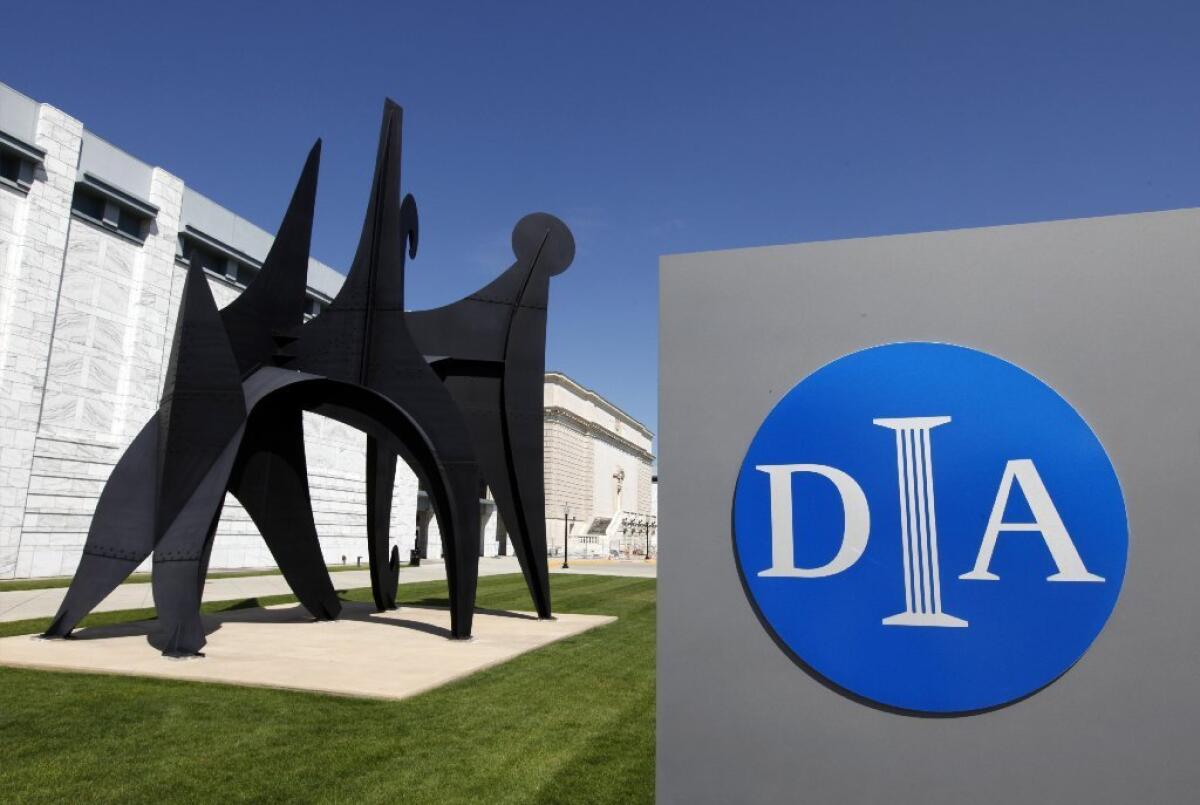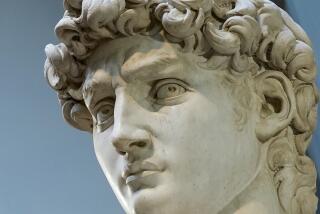Detroit debates if museum’s art can be sold to pay off city debts

The Detroit Institute of Arts is in the midst of a debate over whether art from its collection can be sold off to cover city debt. At the center of the argument is whether the valuable paintings, sculptures and other works of art at the museum are city property or are part of the public trust and therefore can’t be sold.
A report in the Detroit Free Press stated that the city’s emergency manager, Kevyn Orr, is considering selling objects from the museum to cover approximately $15 billion in debt. The artworks at the museum are estimated to be worth billions of dollars.
Last week’s news has prompted vociferous protest from members of the museum world. Graham W.J. Beal, director of the Detroit Institute of Arts, told the New York Times this week that the art can’t be sold because it is held in the public trust.
PHOTOS: Arts and culture in pictures by The Times
Beal previously served as the director of the Los Angeles County Museum of Art before joining the Detroit museum in 1999.
Last week, Thomas Campbell, the director and chief executive of New York’s Metropolitan Museum of Art, issued a statement saying that he opposed such sales.
The Detroit Institute of Arts was founded in 1885 and has since become one of the most important art museums in the nation. Its collections consist of approximately 60,000 objects dating from the Renaissance to the 20th century. It also includes art from Asia, Africa and the Middle East.
The museum reportedly has hired an attorney to protect its collection.
ALSO:
OCMA’s deaccessioning merry-go-round
OCMA sells paintings to private collector, prompting criticism
New York museum returns to good graces after ban for selling art to pay bills
More to Read
The biggest entertainment stories
Get our big stories about Hollywood, film, television, music, arts, culture and more right in your inbox as soon as they publish.
You may occasionally receive promotional content from the Los Angeles Times.











